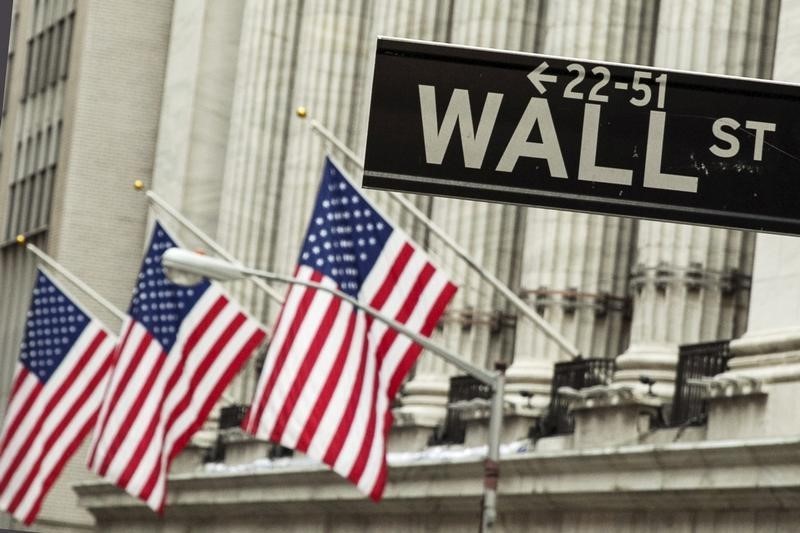By Noel Randewich
(Reuters) - U.S. stocks finished sharply lower on Monday and were on track for their worst quarter in four years as investors worried about the health of China's economy and its potential impact on the timing of a U.S. interest rate increase.
The Nasdaq composite (IXIC) lost 3 percent and S&P 500 (SPX) dropped more than 2 percent.
Much of the damage came from pharmaceutical and biotech stocks after Democratic lawmakers on Monday attacked "massive" price increases of two heart drugs from Canada's Valeant Pharmaceuticals (NYSE:VRX) International Inc (TO:VRX), which tumbled 16.5 percent.
The Nasdaq biotechnology index (NBI) fell 6 percent, its worst one-day drop since 2011, adding to losses from last week when Democratic presidential candidate Hillary Clinton criticized drug pricing.
Among the S&P sectors, the health care index <.SPXHC> was the deepest decliner, down 3.84 percent.
"The broad healthcare sector and China are hurting the market. It's time for risk-off and there's no place to hide," said Richard Weeks, managing director at HighTower Advisors in Vienna, Virginia.
Profits at Chinese industrial companies fell 8.8 percent, fresh data showed, pushing down shares of raw material producers and energy companies. Oil prices fell more than 2 percent.
U.S. consumer spending rose more than expected in August, according to another report, appearing to add to the case for an interest rate increase this year.
But contracts to buy previously owned U.S. homes decreased, indicating the robust housing market could be losing some steam.
The Federal Reserve held off from raising rates at its September meeting, citing concerns about the global economy, notably China, among other factors.
New York Federal Reserve President William Dudley on Monday suggested the central bank could pull the trigger as soon as October.
"A lot of investors think the Fed is confused," said Mohannad Aama, Managing Director at Beam Capital Management LLC. "They're putting themselves in a corner by saying they expect to raise rates between now and the end of the year when the economy every day is proving otherwise."
Several other Fed officials are scheduled to speak during the week, including Chair Janet Yellen on Wednesday.
Investors will also scrutinize September non-farm payrolls data on Friday.
The Dow Jones industrial average (DJI) fell 1.92 percent to end at 16,001.89 points.
The S&P 500 (SPX) lost 2.57 percent to 1,881.77 and the Nasdaq Composite (IXIC) dropped 3.04 percent to finish at 4,543.97.
Billionaire investor Carl Icahn said the Fed's low interest rates are creating bubbles in markets for art, property and "junk" bonds, in a video to be released on Tuesday. http://watch.reuters.tv/HBv
Alcoa's (N:AA) shares jumped 5.73 percent after the aluminum producer said it would split into two publicly-traded companies.
The largest drag on the S&P 500, Apple (O:AAPL) fell 1.97 percent despite reporting that it sold a record number of its new iPhones in their first weekend.
Declining issues outnumbered advancing ones on the NYSE by 2,796 to 316. On the Nasdaq, 2,397 issues fell and 452 advanced.
The S&P 500 index showed no new 52-week highs and 80 lows, while the Nasdaq recorded 12 new highs and 358 lows.

About 8.3 billion shares changed hands on U.S. exchanges, above the 7.2 billion daily average for the past 20 trading days, according to Thomson Reuters data.